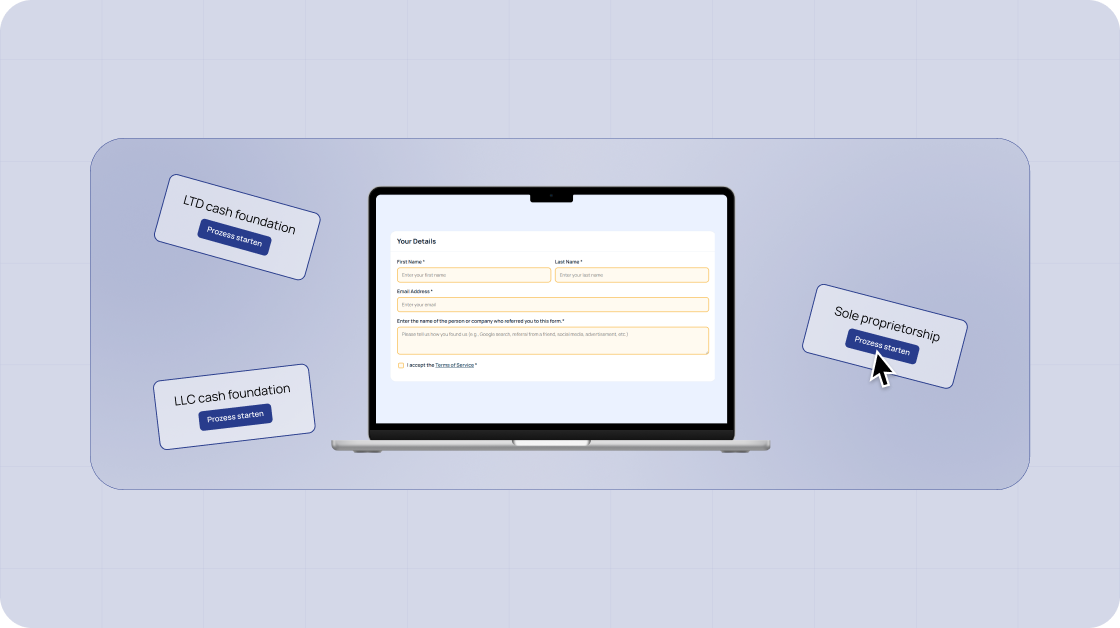Budget | an important controlling instrument
Friedrich Nietzsche once said: “Making plans and making resolutions bring many good feelings.”
In this spirit, creating a budget helps you to start the new year feeling good. In addition to actual values (actual values), the budget (target values) contributes significantly to establishing controlling in your company to a certain extent. Well-founded budgeting helps you plan for the following year and thus align your company accordingly in terms of personnel and resource technology. A budget is an evaluation based on the key date, which forecasts the expected results. If you compare the actual results with the budget figures in the following year, there are usually bound to be differences. These are not negative per se, but should rather be interpreted by a specialist or controlling expert and used as a navigation tool for subsequent periods. The controlling expert should be at your side as a sparring partner and review any optimization options together with you.
With a professional target/actual comparison, decisions should be made easier and target effectiveness measured.
Do you have a start-up company that cannot afford well-founded budgeting? If so, we recommend that you make at least one rough calculation. The total costs should be divided into fixed and variable costs and compared with sales. This gives you at least a rough estimate of how many products you need to sell or how many hours of service you need to provide to your customers in order to reach the profit zone (break-even point).
What SMEs need to pay particular attention to when budgeting
The various parts of the financial plan or a budget should be consistent and consistent.
1. Objectives
Budgeting must set clear goals that are demanding but achievable
2. Measures
To achieve the goals, an SME must define plausible and verifiable measures
3. Key figures
Budgeting must include key figures that are tailored to the measures. An SME must be able to determine whether it is on the right path to achieve its objectives.
Components of a budget:
- Plan income statement (income and expenses)
- Plan balance sheet (assets and debt/equity)
- Plan cash flow statement (money movement)
Would you like to professionally manage your company financially in the future or would you like to expand the current planning processes with a controlling expert? If so, contact us today so that we can implement a competent and reliable budgeting system for you in a timely manner.
Disclaimer: The content of this blog post is for informational purposes only and does not constitute professional advice. Each individual case should be reviewed individually and we recommend that you seek professional advice for specific questions.








